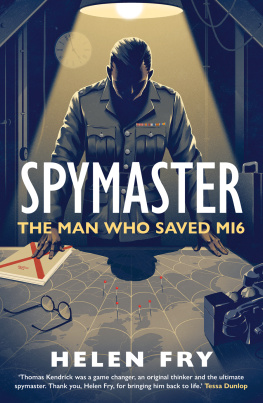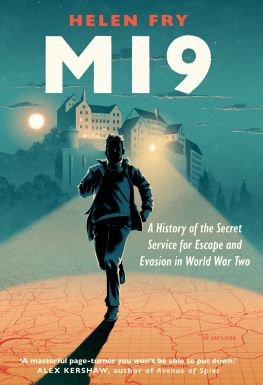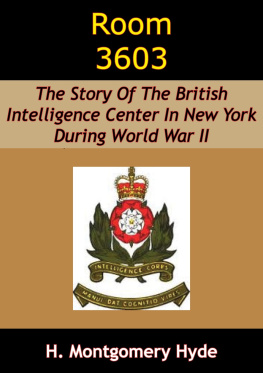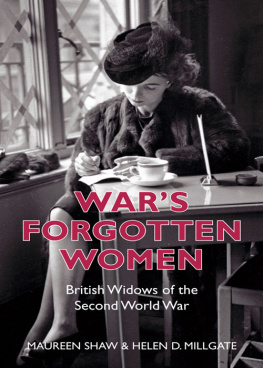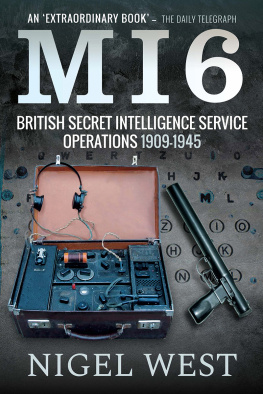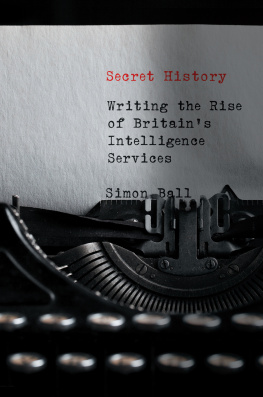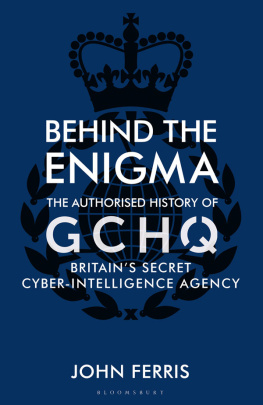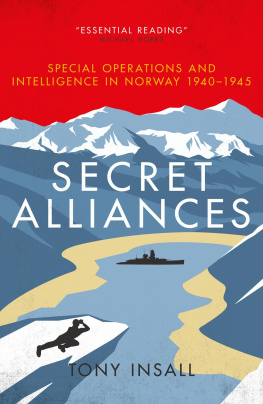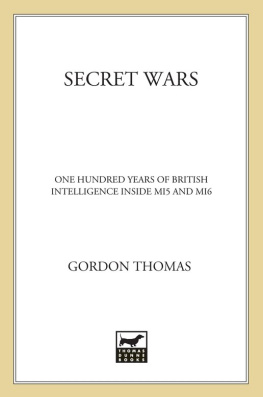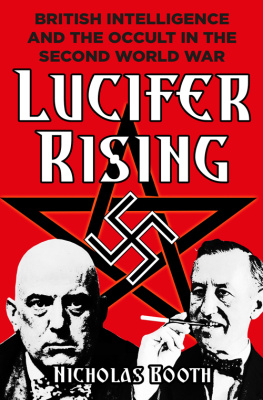SPYMASTER

Copyright 2021 Helen Fry
All rights reserved. This book may not be reproduced in whole or in part, in any form (beyond that copying permitted by Sections 107 and 108 of the U.S. Copyright Law and except by reviewers for the public press) without written permission from the publishers.
For information about this and other Yale University Press publications, please contact:
U.S. Office:
Europe Office:
Set in Adobe Garamond Pro by IDSUK (DataConnection) Ltd
Printed in Great Britain by TJ Books, Padstow, Cornwall
Library of Congress Control Number: 2021941542
e-ISBN 978-0-300-26297-3
A catalogue record for this book is available from the British Library.
10 9 8 7 6 5 4 3 2 1
Sir David Jason, OBE
in admiration of one of Britains finest actors,
who is inspired by Kendricks story
The spies in history who can say from their graves,
the information I supplied to my masters,
for better or worse, altered the history of our planet,
can be counted on the fingers of one hand.
Frederick Forsyth, CBE
CONTENTS
PLATES
ACKNOWLEDGEMENTS
My first thanks are to Heather McCallum, the managing director at Yale University Press and my commissioning editor, for her enthusiasm and support for this book. She is an inspiration and, with her staff, an incredible support to authors during the writing and publication process. My sincere thanks to my brilliant editor, Marika Lysandrou, for the meticulous edits, patience and care over this book, in which she pushes for the best writing from me. I am equally grateful to my agent, Andrew Lownie, for his continued support throughout.
This book could not have been written without the help and close friendship for over 15 years of the grandchildren of Colonel Thomas Joseph Kendrick OBE: my love and thanks to his granddaughter Barbara Lloyd and her brother, the late Ken Walsh. Much appreciation, too, to Kendricks great-granddaughters Anne Marie Thorpe and Christina Sutch, veteran Eric Sanders, and to others who have played a part in interviews and material for this book: Prudence Hopkinson, John Vignoles, Anne Walton, the late Roger Lloyd-Pack, Lord George Weidenfeld, Wolf Suschitzky and Derek Nudd.
Heartfelt thanks go to the special veterans who are no longer with us, but who were part of the journey of discovery and who worked at Kendricks wartime sites: the late Eric Mark, Fritz Lustig and Susan Lustig, Paul Douglas, Peter Hart, Cynthia Turner (ne Crew), Evelyn Barron and Elisabeth Bruegger (ne Rees-Mogg). Thanks must go also to Robin Lustig, Stephen Lustig, Nigel Morgan, Helen Lederer, Loftus Jestin, Jennifer Jestin and Caroline Jestin, Miriam Mark, Sandra Robinson, Anne Mark, Richard Benson, Andrew Benson, Ernest Newhouse, Arthur Fleiss, Peter Oppenheimer, Jessica Pulay, Trixy Tilsiter, Diane OShea, John Francken, Adam Ganz, Peter Barber, Sam Beer, Dudley Lambert Bennett, Otto Bennett, Michael Bottenheim, Lesley Allocca, Michael Allocca, Carol Curties, Andrea Evers, Mimia Umney-Gray, Professor Hugo de Burgh, Richard Deveson, Tom Deveson, Dr Anthony Eisinger, Susan Gompels, Stella MacKinnon, Melanie McFadyean, Dr Jonathan Simon, Edgar Samuel, Andrew Samuel, Jeremy Samuel, Mark Austen, David Wilson, Lesley Wyle, Cameron Woodrow, Robin Gedye, Sam Lambert, Dr David Cassidy, Peter Quinn, Robert Fabre, the late Patrick Filsell, Barbara Horwitz, Roger Marshall, Paul McNamara, Fiona McNamara, Hamish Cassels, Veronica Pettifer, Sir Michael Tugendhat, Tom Tugendhat, Andrew Leach, David Birnbaum, Peter Leslie, Robert Chester, Liz Driscoll, John Ross, Alasdair Macleod and Joanna Weatherby.
I am indebted to historians and researchers Phil Tomaselli, Lee Richards, Michael Smith, John Howes, Dr Claire Hubbard-Hall, the late Professor Keith Jeffery, Dr Jim Beach, Trudy Gold, Steven Kippax, Dr Brian Parritt, Dr Nick van der Bijl, Sarah Paterson, Mark Scoble, Colonel John Starling, Norman Brown, Neil Fearn, Mark Lubienski, Dr David King, Steve Mallinson, Mark Birdsall and Deborah McDonald. Huge thanks to Jacques Mostert in Cape Town who enthusiastically researched material for me in the archives in South Africa on military material on the Boer War and First World War in South Africa. I have been lucky to enjoy the support of Fred Judge (official Intelligence Corps historian), Joyce Hutton (senior archivist) and Major Bill Steadman (senior curator) at the Military Intelligence Museum, Chicksands; Dr Jim Beach; Iain Standen (CEO of Bletchley Park); Ren Bienert, archivist of the Vienna Wiesenthal Institute for Holocaust Studies; Frode Weierud; and Peter Helps. In addition, it has been a pleasure to receive active support from the Trustees of the Museum of Military Intelligence and the trustees of the Friends of the Intelligence Corps Museum. Last, but by no means least, to staff at Latimer House, who have been incredibly tolerant of the historian who turns up on the doorstep. They have taken an active interest in Kendrick as the wartime commander of Latimer House.
To my family, for their loyal support and encouragement over all the years thank you. Finally, my heartfelt appreciation to those who helped with the book but who have asked not to be named.
ABBREVIATIONS AND GLOSSARY
Abwehr | German military intelligence |
ADI(K) | air intelligence section attached to CSDIC |
ATS | Auxiliary Territorial Service, the womens branch of the army during the Second World War |
BSC | British Security Co-ordination, an MI6 organization in the US |
Comintern | Communist International organization |
CSDIC | Combined Services Detailed Interrogation Centre |
DDMI | deputy director of Military Intelligence |
DMI | director of Military Intelligence |
FBI | US Federal Bureau of Investigation |
Gestapo | Geheime Staatspolizei, German Secret State Police |
GHQ | general headquarters |
HUMINT | intelligence gained from humans |
JIC | Joint Intelligence Sub-Committee |
MI5 | intelligence organization for national security within Britain |
MI6 | intelligence organization for Britains security abroad |
MI9 | intelligence organization for prisoners of war |
MI19 | responsible for obtaining intelligence from prisoners of war |
NKVD | Peoples Commissariat of Internal Affairs, Soviet intelligence organization (193446), successor organization to OGPU |
OGPU | Soviet secret police (192334) |
OSS | Office of Strategic Services (forerunner of the US Central Intelligence Agency) |
POW | prisoner of war |
RNVR | Royal Naval Volunteer Reserve |
SA | Sturmabteilung, Storm Detachment, the Nazi Partys paramilitary wing |
SD | Sicherheitsdienst, German security service, an intelligence-gathering agency |
Sicherheitspolizei |
Next page
